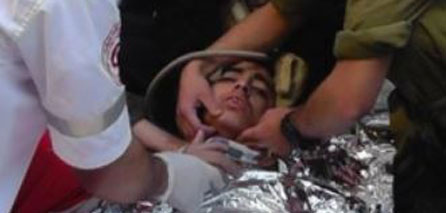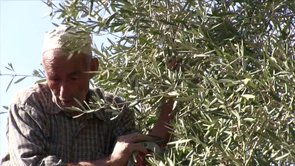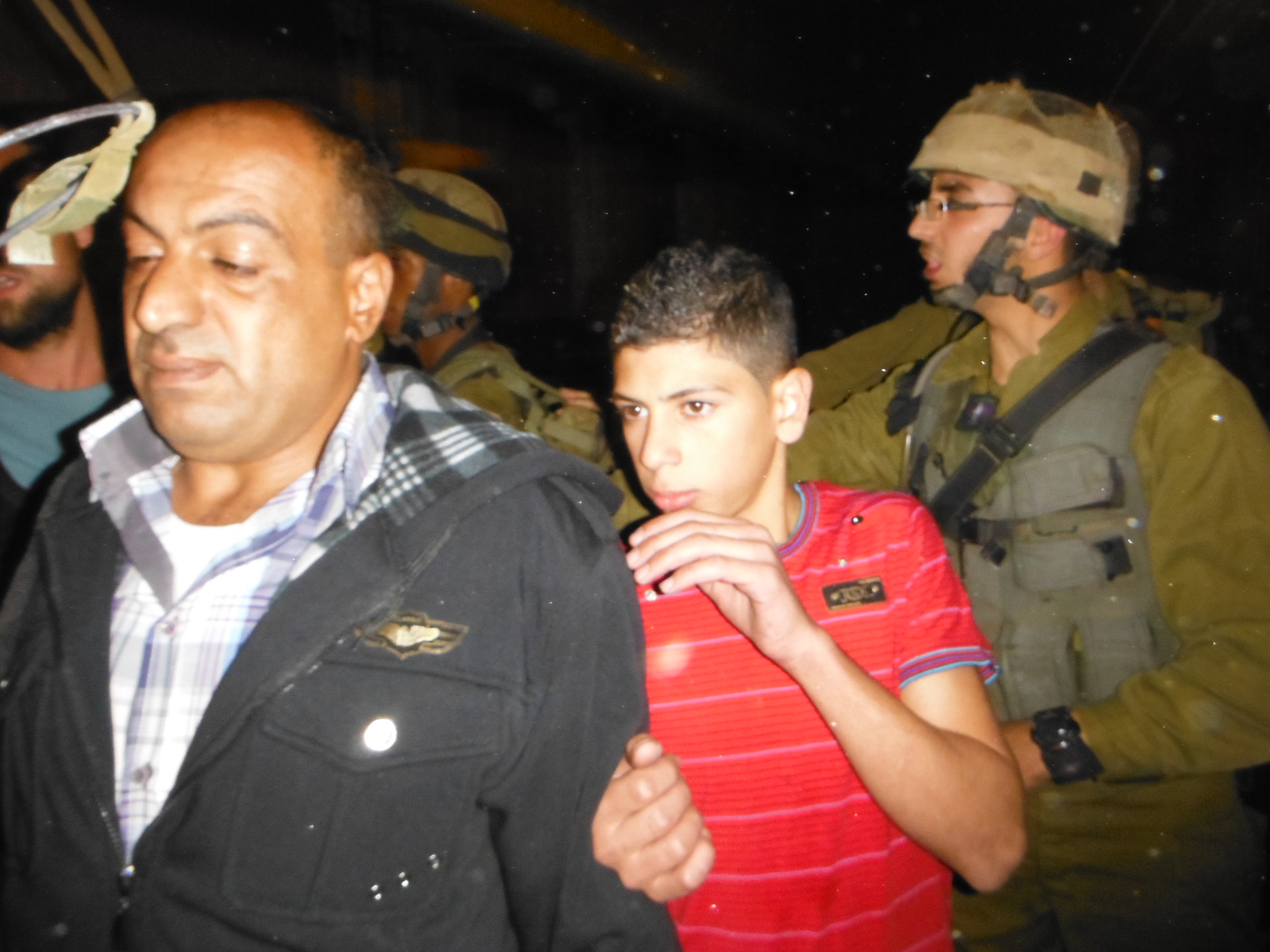Category: Reports
-
Palestinian boy beaten at checkpoint leads to clashes in Hebron
24th October 2013 | International Solidarity Movement, Khalil Team | Hebron, Occupied Palestine On Tuesday 22nd October in Khalil, a15-year-old Palestinian was beaten for not having identification (ID) that the Israeli government does not issue until the age of 16. At approximately 2:30pm on Tuesday, Mahmod from Tel Rumeida (not his real name) was attempting…
-
Settler intimidation in Kafr Qalil
24th October 2013 | International Solidarity Movement, Nablus Team | Kafr Qalil, Occupied Palestine Yesterday, Wednesday the 23rd October, a Palestinian farmer and his family were olive picking in Kafr Qalil together with international activists. Close to the fields is the illegal settlement of Bracha and one settler aggressively intimidated the farmer until he left the area.…
-
Updated: Family home ransacked and young teenager detained during Eid
16th October 2013 | International Solidarity Movement, Khalil Team | Hebron, Occupied Palestine Yesterday, 15th October, a young teenager visiting his family was detained from inside a Palestinian home after it was forcibly entered and searched by armed Israeli soldiers on the evening of Eid. A Palestinian family’s home was entered on the evening of…



